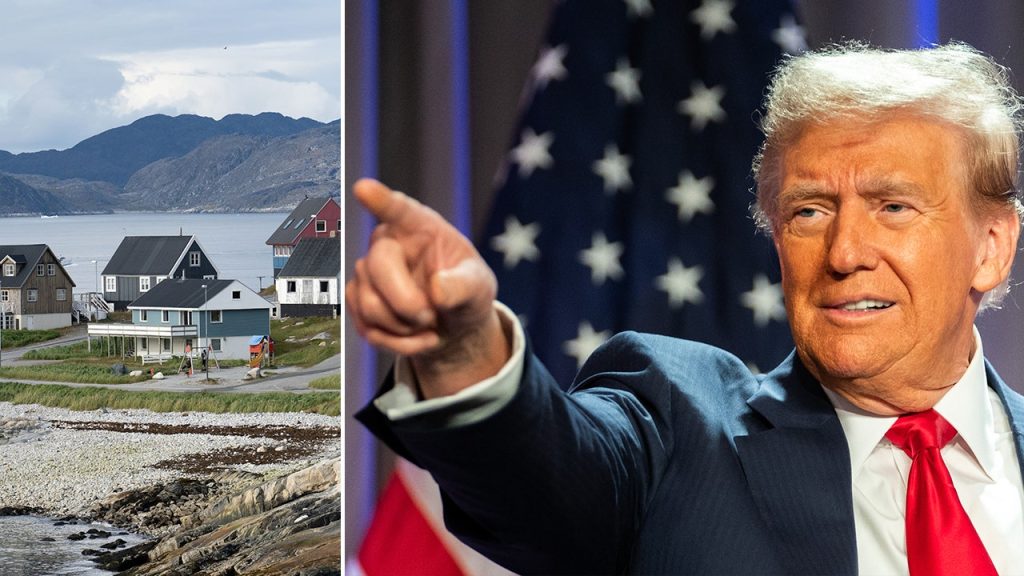President-elect Donald Trump has recently sparked concerns among world leaders by suggesting that the U.S. could take control of Canada, Greenland, and the Panama Canal in his unexpected Christmas Day message. Trump’s post on the platform Truth Social called out China’s operation of the Panama Canal, proposed turning Canada into a U.S. state, and claimed that the U.S. should control Greenland due to national security reasons. These statements have raised questions about how Trump’s second term in the White House may unfold, particularly as they seem contradictory to his “America First” policies, which prioritize domestic policy over expansion abroad.
There is particular concern about China’s influence in the Panama Canal, with Rep. Ryan Zinke describing it as a potential threat to U.S. national security. Trump’s interest in acquiring Greenland is not new, as he expressed a desire to purchase the mineral-rich territory in 2019. However, Greenland’s Prime Minister has firmly rejected the idea of selling their land to the U.S. Panamanian President José Raúl Mulino has also disputed any claims of unfair treatment in relation to the Panama Canal’s operations, stressing that their sovereignty and independence are non-negotiable.
The Panama Canal is a vital shipping waterway that handles a significant portion of global maritime trade, including a substantial amount of U.S. container ship traffic. Recent higher prices for navigating the canal have been attributed to drought conditions, increased competition, and other factors such as attacks on vessels in the Red Sea. The Department of Government Efficiency incorrectly stated that the canal costs U.S. taxpayers $15.7 billion, when in reality, the costs are covered by tolls paid by the ships that pass through the waterway.
Despite assurances from Panamanian authorities that the canal is not controlled by any foreign power, Trump continues to push for U.S. control over the strategic asset, emphasizing its importance to America’s economy and national security. The dispute over the Panama Canal comes amid broader concerns about China’s expanding global influence and the potential implications for U.S. interests. Trump’s statements have reignited debates about American imperialism and intervention, raising questions about the U.S.’s role in the world and its relationship with other nations.
As world leaders scramble to react to Trump’s remarks regarding Canada, Greenland, and the Panama Canal, the future implications of these statements remain unclear. The debate over control of these territories and assets highlights the complex interplay between sovereignty, national security, and global trade. The situation underscores the challenges and complexities of navigating international relations in an increasingly interconnected and competitive global environment. Ultimately, Trump’s proposals have generated significant discussion and debate, shedding light on the complexities and tensions that underpin contemporary geopolitical dynamics.


